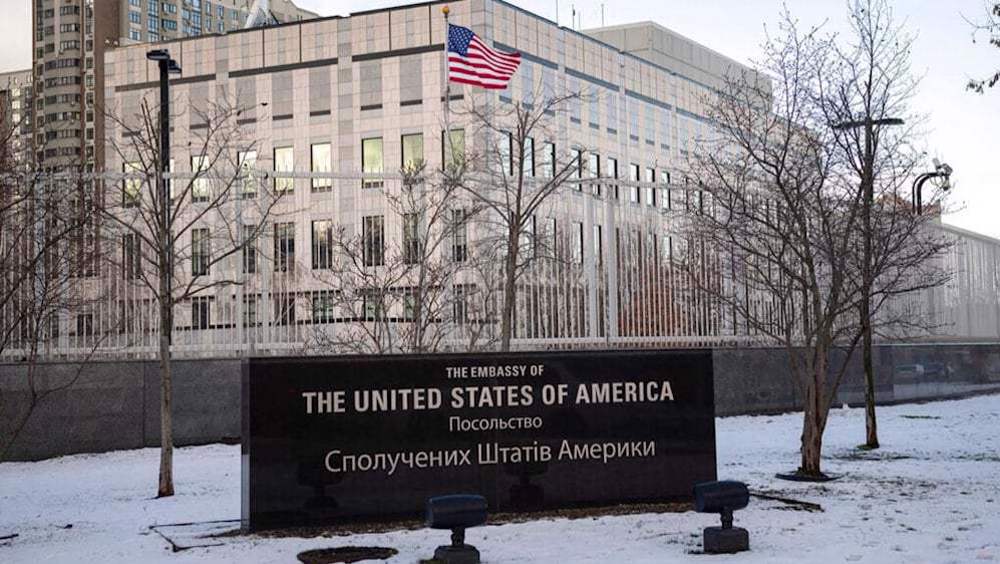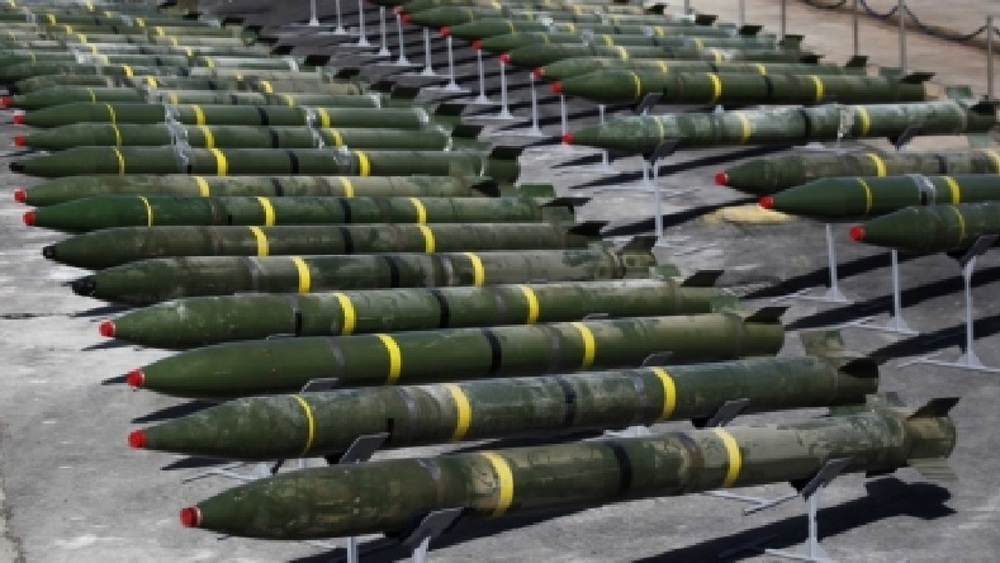Italy recalls envoy from Egypt over slain student
Italy recalled its ambassador to Egypt Friday for “urgent” consultations in protest against the lack of progress in a probe into the fate of slain student Giulio Regeni, whose tortured body was discovered outside Cairo in February.
The Foreign Ministry said in a statement that Foreign Minister Paolo Gentiloni made the decision to recall Maurizio Massari after two days of negotiations between Egyptian and Italian investigators in Rome regarding the slaying of 28-year-old Regeni failed to yield any concrete results.
Egyptian officials handed over records of telephone conversations of two of Regeni's Italian friends, who were staying in Cairo when he went missing, as well as the photos taken on the day his body was found, said the Italian prosecutor in charge of the case.
The statement said Egyptians believe that a xenophobic criminal gang, whose members were also shot dead last month during a police counter-terrorism operation, was responsible for the abduction and subsequent slaying of Regeni.
The Italian prosecutor “reiterated his conviction that there are no elements to directly link the gang to the torture and death” of the 28-year-old Italian student.

Regeni disappeared on January 25 as he was conducting a research on Egyptian labor movements. The disappearance took place as Egyptians were marking the fifth anniversary of the 2011 popular uprising that led to the overthrow of former dictator Hosni Mubarak after almost 30 years in power.
The Italian student’s corpse was found near a Cairo highway on February 3. An autopsy carried out by Italian coroners discovered signs of “protracted” torture over several days, and that Regeni apparently lost his life on February 1 or 2.
Last week, Regeni's parents urged Italian officials to declare Egypt "unsafe" for citizens from the south-central European country to visit, saying their son was only one of many torture victims in Egypt.
The Egyptian government has been cracking down on any opposition since Muslim Brotherhood-backed President Mohamed Morsi was ousted in a military coup led by former military chief and current President Abdel Fattah el-Sisi in July 2013.

Sisi has been accused of leading the suppression of Morsi supporters, as hundreds of them have been killed in clashes with Egyptian security forces over the past year.
Human rights groups say the army’s crackdown on the supporters of Morsi has led to the deaths of over 1,400 people and the arrest of 22,000 others, including some 200 people who have been sentenced to death in mass trials.
The UN Human Rights Council has repeatedly expressed concern over the Egyptian security forces’ heavy-handed crackdown and the killing of anti-government protesters.
Basij volunteer forces hold massive drills in southwestern Iran
Israeli war criminals 'not welcome', US city says after ICC ruling
US vetoing of Gaza ceasefire resolution ‘disgraceful’: Iran’s UN envoy
VIDEO | IAEA adopts anti-Iran resolution tabled by E3
VIDEO | Iran's president urges Pope to help end Israel's onslaught in Gaza
Iran's senior legal official: ICC arrest warrant for Netanyahu ‘great victory'
Nov. 21: ‘Axis of Resistance’ operations against Israeli occupation
VIDEO | Israeli forces storm West Bank’s Jenin again, target civilians
















 This makes it easy to access the Press TV website
This makes it easy to access the Press TV website